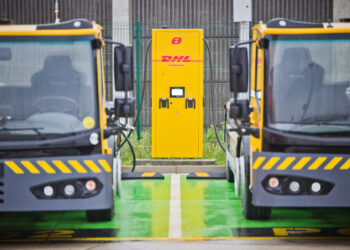Hyundai Transys, an auto parts affiliate of Hyundai Motor Group, has secured a significant contract worth $2.18 billion with Ceer, Saudi Arabia’s first electric vehicle (EV) manufacturer. This landmark agreement, signed on June 11, 2024, involves the supply of advanced Electric Drive Systems (EDS) for Ceer’s vehicles over a 10-year period starting from 2027.
The contract highlights Hyundai Transys’s commitment to expanding its presence in the growing EV market.
The company will provide its innovative integrated EDS technology to Ceer, which aims to produce 500,000 EVs annually by 2030. This aligns with Saudi Arabia’s ambitious goal to increase the EV adoption rate in Riyadh to 30% by 2030.
Critical Aspects of the Deal Include
Duration: The contract spans ten years, beginning in 2027.
Scope: Hyundai Transys will supply its integrated EDS for Ceer’s entire lineup, including SUVs, sedans, and coupes.
Technology: The integrated EDS combines the motor, inverter, and reduction gear into a single unit, offering several advantages over conventional systems:
Reduced size and weight
Improved power efficiency
Enhanced design flexibility
Increased cost competitiveness
James DeLuca, CEO of Ceer, emphasized the significance of this partnership, stating that it represents “another step forward in our mission to ignite the Saudi automotive sector”. The collaboration aims to contribute to the development of Saudi Arabia’s EV industry and support the country’s Vision 2030 initiative, which focuses on diversifying the economy and promoting sustainable development.
For Hyundai Transys, this contract marks a milestone as it represents the first instance of supplying its proprietary electric drive system to a global automotive company. The deal showcases the company’s technological capabilities and positions it as a critical player in the rapidly evolving electric vehicle market.
As the automotive industry continues to shift towards electrification, partnerships between established component manufacturers and emerging EV brands are likely to play a crucial role in shaping the future of transportation.






